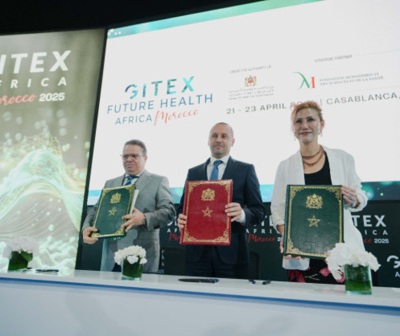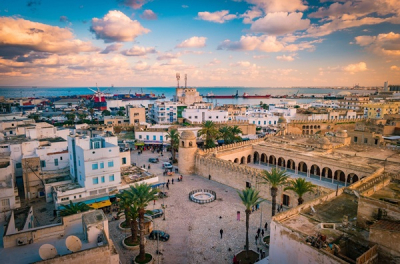Zimbabwe's economy is largely dependent on the exploitation of natural resources. With the fourth industrial revolution underway, Harare wants to make digital technologies the foundation of the country's development by 2030.
Zimbabwe approved, Tuesday (Dec.20), the national 2023-2030 broadband program. The program aims to accelerate broadband penetration in the country and reduce the cost of access to 2% of the average monthly income per capita from the current 10.1%.
The program plans several key projects that will be funded by the government and private investors. In addition, a broadband committee will be established to provide a periodic assessment of progress, facilitate coordination and collaboration, and make suggestions for adjustment.
The broadband program is part of the Emmerson Mnangagwa government's strategic vision to make Zimbabwe a high-income economy by 2030. The government wants to drive access and adoption of broadband services across government agencies, businesses, households, and individuals to transform Zimbabwe's growth trajectory from one driven largely by natural resource exploitation to one driven by innovation.
For Minister of Information Monica Mutsvangwa, “the importance of broadband and its transformative benefits include the following: enhancement of global competitiveness, job creation, increased productivity, improved national security, and enhancement of performance in education, agriculture, health, and governance. [...] All of these are prerequisites for achieving the Sustainable Development Goals.”
Isaac K. Kassouwi



















